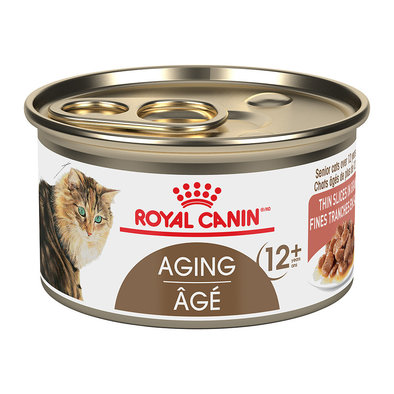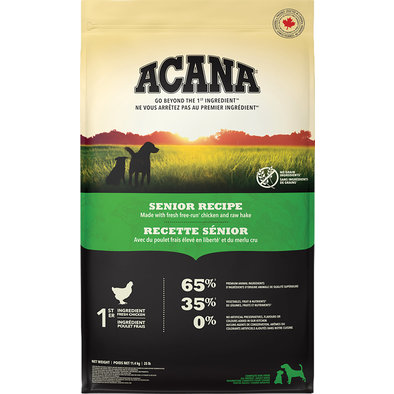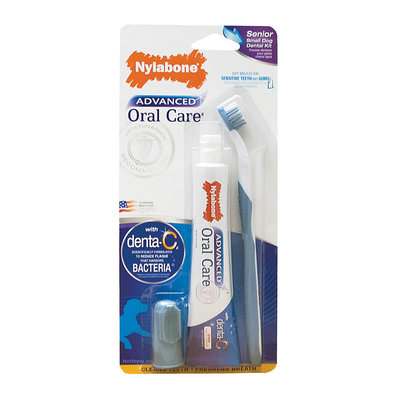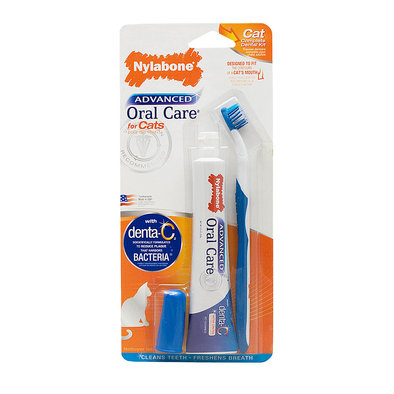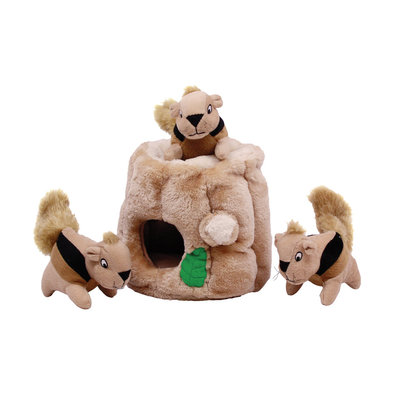Caring for Your Senior Pet
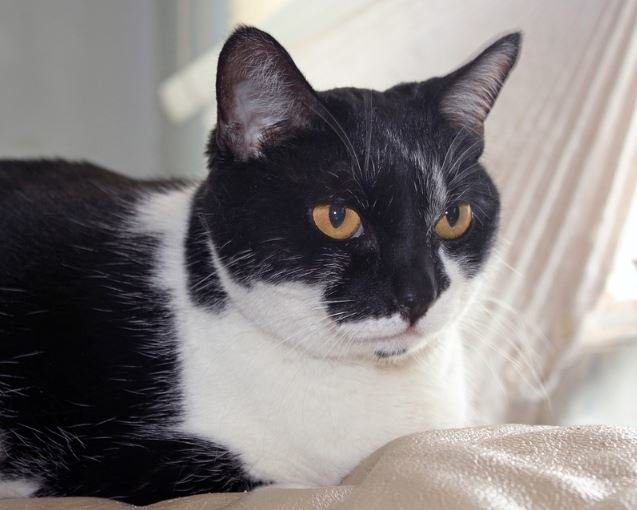
When caring for a senior pet, you’ll likely notice they have changing needs as they age. From more frequent veterinarian visits to changes in nutrition and hygiene, it’s important to provide your furry friend with the appropriate care they need as they age.
Veterinarian Visits
As your pet ages, the most important thing is to make regular trips to the veterinarian so they can advise on an appropriate senior care routine. Regular visits will allow your veterinarian to properly assess any changes they may see in your four-legged family member and can increase the chance of early detection of diseases.
Nutrition
Consulting your veterinarian about your senior pet’s changing nutritional needs is important to ensure you continue to feed them appropriately. There are a wide variety of senior pet foods available to support the nutritional needs of our older companions, including those that help maintain a healthy weight, keep a sharp mind and support hip, joint and heart health.
Making sure your companion always has access to fresh drinking water is even more important as they age. The Petkit Pet Fountain features a silent water flow design and can provide your cat or dog with fresh, filtered water. With a triple purifying system, the Petkit Pet Fountain filters out and helps eliminate or screen harmful chemicals and impurities from your pet's drinking water.
Hygiene
As our furry friends age, they may not be able to groom themselves as well as they once could. Brushing your pet regularly, especially long-haired cats and dogs, can help remove loose hair and keep them feeling comfortable. If you aren’t already doing so, brushing your pet’s teeth with a toothbrush and toothpaste specially designed for pets can help improve and maintain their oral hygiene as they get older.
Litter Boxes
It may become increasingly difficult for your feline friend to climb up and down stairs as they get older. If you have a multi-story home, consider placing a litter box on each level so your cat can easily access it when they need to take care of business.
Exercise and Play
Although your pet may not be as active as they once were, regular play and exercise are still important to their overall health! Your dog may be a little slower while on a walk, or get tired after a shorter distance, but regular walks are still a great way to keep your pooch healthy and are a great opportunity to socialize with other dogs. While your canine companion may not be able to play games like fetch in their old age, playtime is still important to keep them mentally stimulated. Featuring removable squirrel toys, the soft Hide-A-Squirrel toy by Outward Hound can keep your dog challenged and entertained as he attempts to find and pull out the adorable toys.
If your cat uses a vertical scratching post, you may notice it becomes a bit harder for them to do so as they get older. Horizontal scratchers can be easier on senior cats, and while some cats may not scratch as much as they used to, many are infused with catnip to motivate them.
Beds
Rest will become increasingly important as your pet ages, and there are beds that can help your senior cat or dog stay as cozy and comfortable as possible! Make sure that your four-legged family member has a cushioned, comfortable spot to sleep on that is easy on their bones and joints and is easy to climb into.

